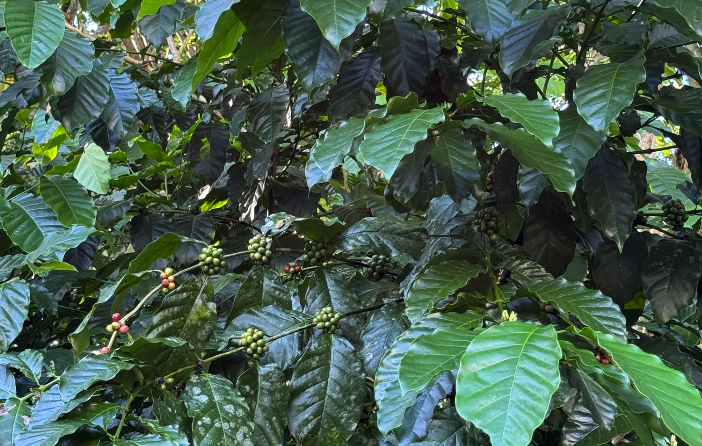Direct Trade Coffee Explained

Understanding Direct Trade Coffee
In the world of coffee sourcing, direct trade is a different approach providing a lot more transparency and control to the coffee farmers, an alternative to traditional models of fair trade and mass-market sourcing. Let’s explore the principles and practices of this type of coffee sourcing to shed more light on this production niche.
What does Direct Trade Coffee Mean?
Essentially, direct trade coffee is a specific sourcing model that makes relationships between coffee producers and the roasters more direct, bypassing traditional links of importers and exporters. This allows for increased transparency in the supply chain, as roasters negotiate the prices for beans directly with the farming community while discussing quality standards and other important issues they may want to address. Perhaps the central idea of direct trade coffee is the concept of fair compensation for the farmers. By cutting the middlemen altogether, roasters can negotiate their prices directly with bean producers. This methodology is an essential part of the livelihood of the roasting community since a bigger cut allows bean producers more stability and control over their product.
The second important distinguishing feature of direct trade coffee is a long term relationship. Roasters nurture friendships with the coffee communities they work with and travel to see the farms personally. Visiting the place where coffee is produced ensures the roaster has a better understanding of the business they’re in and it enables them to help the farmers with money where it is most needed and with information on technological process and expertise. What else does direct trade give? A good experience for the consumer. In addition to ethical, direct trade coffee IS of high class and taste. When you buy coffee directly, the beans will have the quality and the taste close to the original. It's hard to imagine a better indicator for quality coffee. And finally, direct trade encourages creativity and knowledge. Farmers make it possible for the roasters to introduce their customers to special varieties of coffees as well.
The Benefits of Direct Trade Coffee Production:
Direct trade coffee production offers numerous benefits to both producers and consumers alike. Through direct trade relationships, coffee producers can enjoy fairer wages, improved working conditions, and greater control over their product. Meanwhile, consumers benefit from:
Higher quality coffee: Direct trade fosters closer relationships between producers and buyers, leading to extremely high attention to quality throughout the production process.
Transparency: Direct trade promotes transparency in pricing and sourcing, allowing consumers to trace their coffee back to its origins and ensuring ethical practices.
Support for small-scale farmers: Direct trade often prioritizes partnerships with small-scale farmers, helping to empower local communities and sustain traditional farming practices.
Environmental sustainability: By bypassing intermediaries, direct trade reduces the carbon footprint associated with transporting coffee and supports environmentally friendly farming methods.
Unique flavors and varieties: Direct trade often introduces consumers to rare and unique coffee varieties, showcasing the diverse range of flavors that can be found in different regions around the world.
The Drawbacks of Direct Trade Coffee Production:
While direct trade coffee production offers many benefits, it also comes with its share of drawbacks:
Limited accessibility: Direct trade coffee is often more expensive and less accessible to the average consumer compared to mass-produced varieties available in supermarkets.
Vulnerability to market fluctuations: Small-scale producers engaged in direct trade may face greater vulnerability to market fluctuations and price volatility, which can affect their livelihoods.
Reliance on relationships: Direct trade relies heavily on personal relationships between producers and buyers, which can be difficult to establish and maintain, especially for smaller producers in remote regions.
Potential for exploitation: Despite the intentions of direct trade, there's still the potential for exploitation if the relationship between producers and buyers is not based on genuine fairness and transparency.
How do we fit in?
Here at Fiji Wild Coffee, we believe direct trade coffee outperforms mass-market coffee in almost every aspect. Supplying the farmers with more control over how much they want to produce, how they would like to produce it, and the price they would like to sell their product at gives transparency to the supply chain while creating a high-quality product for many to enjoy. We would not want to produce a coffee product that we do not believe in, and every purchase of Fiji Wild Coffee helps in supporting the local Fijian farmers. This company was created to assist the local Fijians in everyday life, which we can gladly say gives us a clear mission that not many other coffee producers can claim. Through this mission, we can confidently say that not only do we sell a high-quality product that is original in taste and cannot be duplicated elsewhere, we are also watching a coffee industry in Fiji grow by empowering the locals through a direct relationship, every step of the way.







Leave a comment